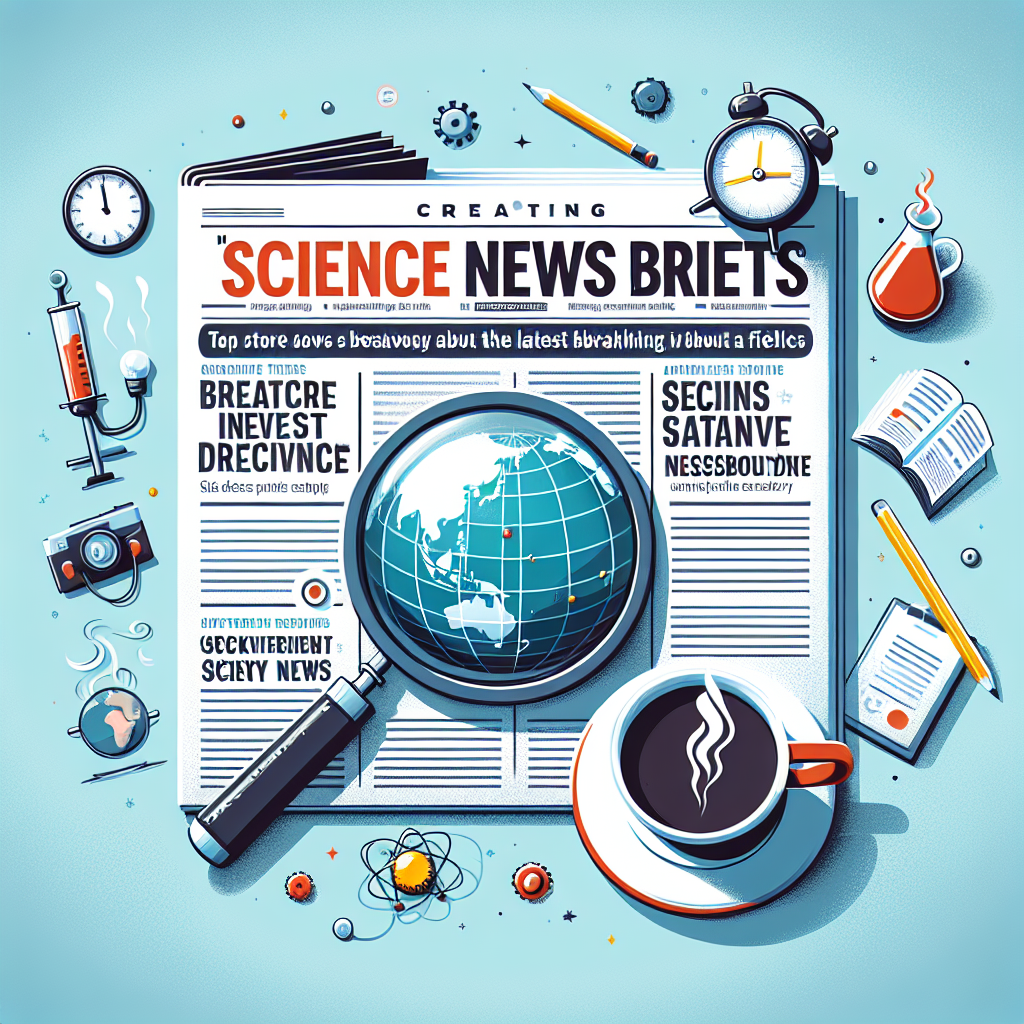Science News Round-Up: From Dinosaur Discoveries to Space Startups
The latest science news includes increasing investments in space startups, the discovery of a new UK dinosaur, indications of a Stone Age population crash due to plague, evidence of a mid-sized black hole, Europe's space achievements, confidence in NASA's Boeing Starliner, and updates on Neuralink's brain chip trial.

Science news continues to unfold with promising developments. Space startups have secured $2.41 billion in global investments from April to June, marking three consecutive quarters of growth, driven by government funding. This data comes from Seraphim Space, a British investment firm.
In other discoveries, the fossil remains of a herbivorous dinosaur, believed to be the most complete specimen found in Britain in a century, have been unearthed on the Isle of Wight. The dinosaur, estimated to weigh about 900 kilograms, likely lived 125 million years ago.
Genomic research has presented new evidence suggesting that a plague might have caused the Neolithic population decline in northern Europe around 5,000 years ago. This is based on DNA from human bones and teeth excavated from ancient Scandinavian burial sites.
Astronomers have identified a mid-sized black hole at the heart of a star cluster that was the core of a small galaxy subsumed by the Milky Way billions of years ago. This could change our understanding of black hole formation.
Europe's Ariane 6 rocket has completed initial trials, marking an essential step toward restoring the continent's ability to independently access space, despite an incomplete mission.
Meanwhile, NASA astronauts have expressed confidence that Boeing's Starliner will safely return them to Earth after resolving thruster issues. The aerospace officials spoke from the International Space Station.
Lastly, Neuralink reports that the tiny wires of its brain chip in the first human trial participant have remained stable, following initial concerns about displacement. This is a positive development for Elon Musk's company.
(With inputs from agencies.)










